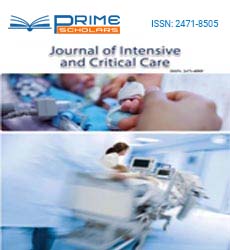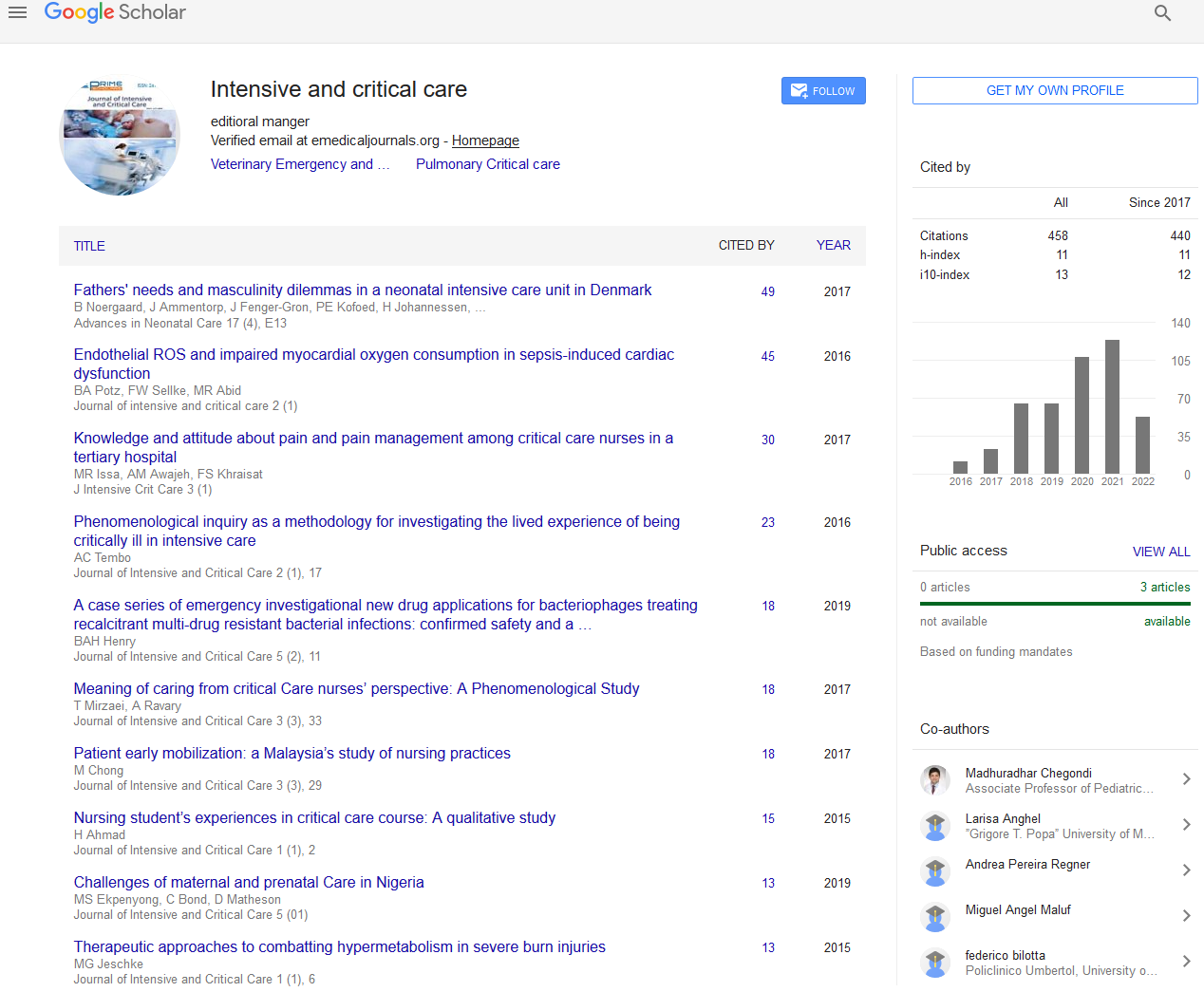Viroj Wiwanitkit*
Surindra Rajabhat Unitverisity, Surin, Thailand
- *Corresponding Author:
- Viroj Wiwanitkit
Professor, Senior Expert
Surindra Rajabhat Unitverisity, Surin, Thailand
E-mail: wviroj@yahoo.com
Received date: August 01, 2016; Accepted date: August 01, 2016; Published date: August 08, 2016
Citation: Wiwanitkit V. Intensive and Critical Care in the Situation of Emerging Infectious Disease: What to be Considered?. J Intensive & Crit Care 2016, 2:3.
There are many new emerging infectious diseases in the present day. With the continuum of several new emerging infections within the past few years, there is a great concern for medical practitioners for intensive and critical care service [1,2]. The basic concept is how to provide the best service that can help the patient cured or limited for possible complications and disabilities. Nevertheless, another important issue is the safety in medical practice of the medical personnel. Finally, all procedures should be no harm and should be useful to the external society. To correspond the mentioned mission, there are several requirements for the intensive and critical care team. First, the update on knowledge on the new emerging diseases is recommended. There must be the system to promote continuous education and verify the proficiency of the practitioner towards practice in the situation of new emerging disease outbreak. Second, the preparation of the facilities to correspond to the problem is needed. The high effective tools and safety protocols must be well prepared for the situation. Finally, the practitioners have to have the strong service mind and should not loss power to work in the conflict situation. During the conflict period, there can be many dilemma problem. As noted by West and von Saint André-von Arnim “among other ethical issues, patients' medical needs must be carefully weighed against healthcare worker safety and infection control concerns [3].”
References
- Berkelman RL (1994) Emerging infectious diseases in the United States. J Infect Dis 170:272-277.
- Forrest DM, Gushulak B (1997) Emerging pathogens: Threat and opportunity. Perspect Biol Med Autumn41:118-124.
- West TE, von Saint André-von AA (2014) Clinical presentation and management of severe Ebola virus disease. Ann Am Thorac Soc 11:1341-1350.

